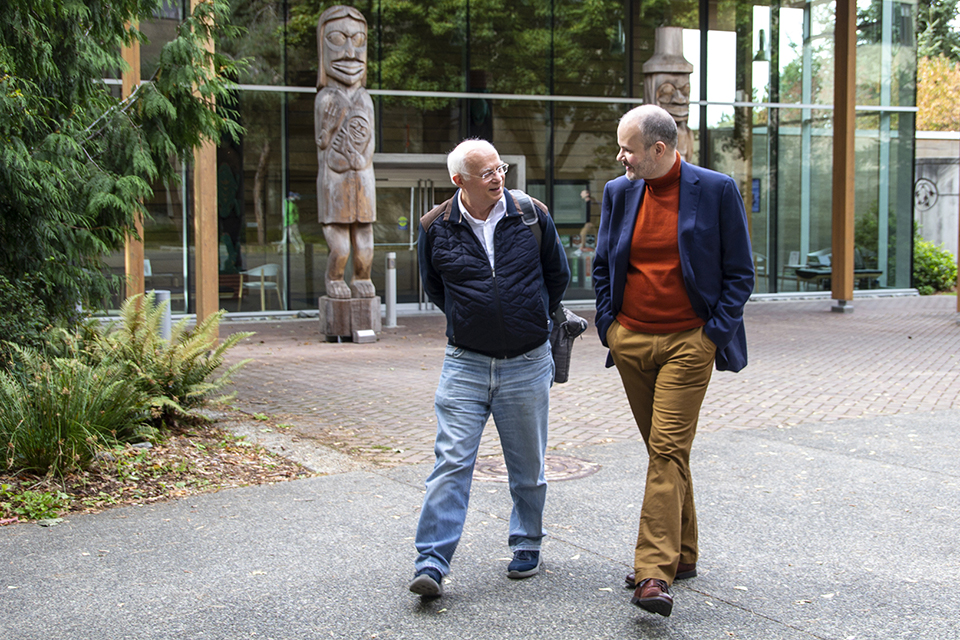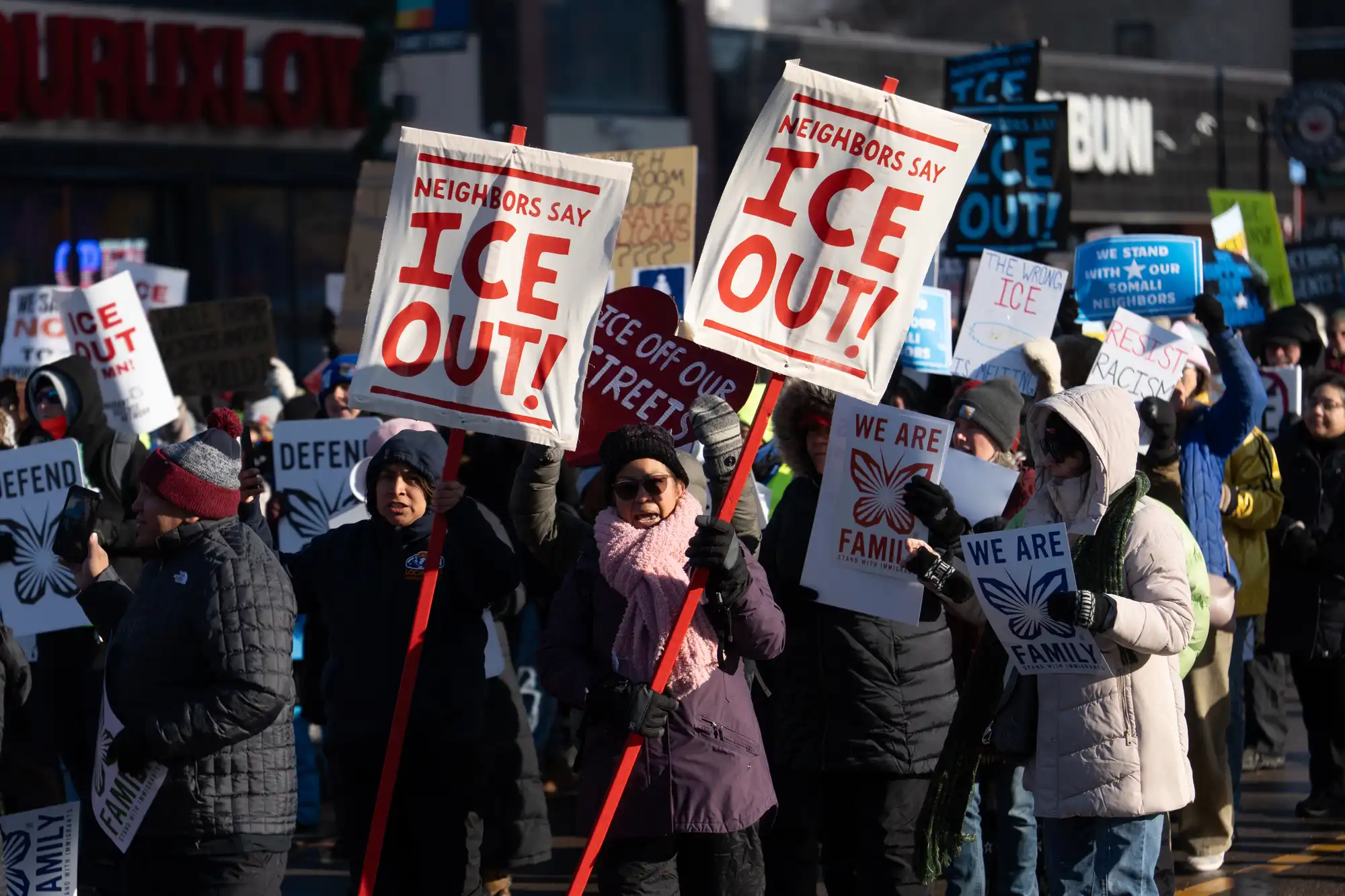Holman will undertake projects that humanize climate coverage

On Sept. 1, renowned investigative journalist Sean Holman began a five-year appointment as the new Wayne Crookes Professor of Environmental and Climate Journalism with the University of Victoria’s Department of Writing.
The position, which was created thanks to a donation of $1.875M from Vancouver business leader and political activist Wayne Crookes, is designed to help mentor the upcoming generation of climate correspondents and writers.
As part of his professorship, Holman is planning to lead a survey to find out what journalists feel are the solutions to climate change and how coverage can be improved. Holman is also planning to conduct the climate disaster project.
Currently, thirteen post-secondary institutions are participating in the climate disaster project. As part of the project, each institution will identify regional climate disasters and students will write stories on populations that have been personally and intimately impacted by those disasters. All those stories, with the explicit permission of those involved, will be preserved in a memory vault. Holman says the memory vault will be a digital database that stores both audio and textual stories, but also that they will know more about how it looks in the coming months as they develop the project.
Reflecting on the state of climate coverage, Holman says the media has done a satisfactory job reporting on the policy, economic, and environmental implications of climate change. However, Holman feels that coverage has failed in systematically humanizing the climate crisis. This is where the memory vault comes into play.
“It will allow for communities that have been displaced as a result of climate change […] to be a virtual gathering place for those diasporas across great distances of space and time,” said Holman.
Holman believes that preserving these experiences will enable people to reconnect with each other and create an international common community of climate crisis survivors.
“Whether or not we’ve experienced a heatwave, whether or not we’ve experienced flooding, whether or not we’ve experienced forest fire, whether or not we’ve experienced some form of heat distress, smoke inhalation, we are all climate disaster survivors, and yet, not really identifying ourselves that way,” said Holman.
Holman began his teaching career at UVic when he became an instructor in 2008, teaching second and third year professional writing courses which would be the equivalent of journalism courses today.
In regards to how his approach to journalism has evolved since he last departed UVic in 2012, Holman states that teaching led him to reflect back on and better understand his own journalistic practices.
“If you take the teaching of journalism, beyond a tip-based approach, or a rules-based approach, [it] really requires that you delve deeply into what your thinking process actually is, as a journalist,” said Holman. “I did a lot of that hard work at Mount Royal University. And it gave me such a better understanding of what journalism is all about, how to actually share my practice with others, and to also see some of the faults in journalism.”
Holman is currently completing his PhD at the University of Birmingham on the history of freedom of information in Canada. He states that the time away to do so also led him to think deeply about why people in democracies value information, and he came to a conclusion. People value information for two reasons: control and certainty. He says looking at information for a sense of control and certainty enables people to make better decisions about the world around them and better predict the future.
For Holman, what is most interesting about that analysis is witnessing those two things as they are currently breaking down. He states that people are not using information in the expected ways typically used in democracies. He believes that people therefore turn to other forms of control and certainty, such as authoritarianism and conspiracy theories.
“Climate change is not just the result of greenhouse gas emissions, it is the result of a failure to use information the way we would expect to use information in a democracy. That’s what climate change is really all about,” said Holman.”Yes, it’s about pollution. But it’s also profoundly about democratic breakdown.”
Once we as a society understand that, then climate change becomes not just an environmental problem but also a societal and political problem as well, says Holman.
There is a catch though. If the news was to report about the impending climate-change-induced disasters without humanizing that coverage, it could potentially push people to become even more extreme and therefore, look for more forms of control and certainty.
“What I think we have failed to do is successfully resolve those feelings of uncertainty and lack of control. And I think if we are going to get through the next 30 years as a healthy society, then we’re going to need to do a much better job of that,” said Holman.
“What that means is not just using information as a means of control and certainty … It means using information as a means of achieving community. And I think that community, like control, provides a form of certainty.”







